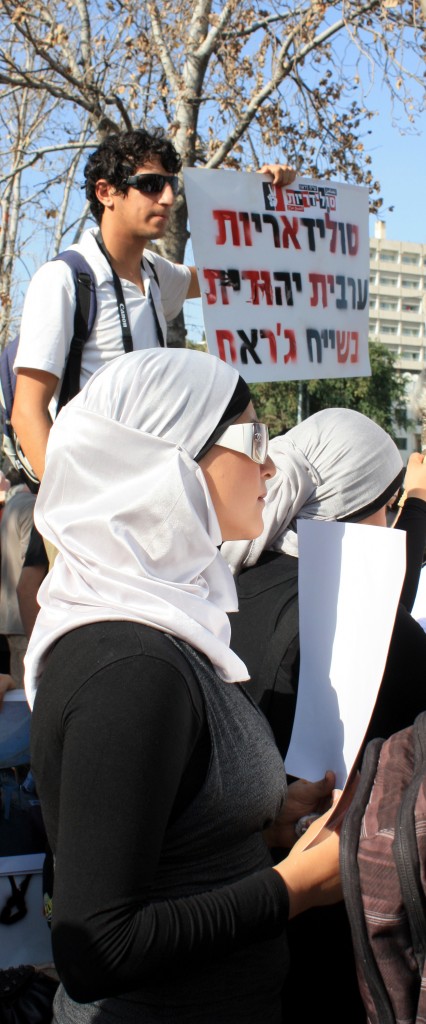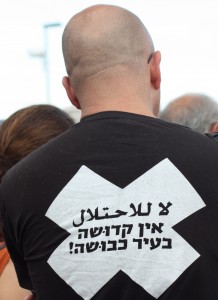Gershom Gorenberg
I know that today is Tu Be’Av, the 15th of the Hebrew month of Av, an obscure holiday from the Second Temple period that has been secularized in Israel as the Day of Love – and that, according to Chana Pinchasi, should really be understood as an assertion of women’s freedom and a rejection of violence against them.
But there are things left to said about Tisha Be’Av, and if I wait to the eve of the fast next year, I’ll forget the poetry of protest that my friends and mentors – meaning the same people, my friends who are my teachers – have woven around that day, making it even more relevant than I thought it was.
Let’s start at Frost and Clouds, where Joshua Gutoff writes an essential reminder: The rabbis who created post-Temple Judaism weren’t philosophers (or engineers); their words were poetry and the calendar they designed was choreography. So if you think they were talking about the stones in Jerusalem when they talked about “destruction of the Temple,” please rethink:
…“The Temple” is their way of speaking about a world in which God was experienced as directly and even intimately present, and “Destruction” is the language for the loss of that experience. …
But poetry can sometimes be badly, dangerously misread. The standard religious Zionist reading of Tisha Be’Av quotes Rav Kook as saying that the destruction took place because of “baseless hatred” and that the Temple will be rebuilt out of “baseless love” – a term that is quickly transformed into condemnation of dissent, disagreement and disunity, so that Judaism becomes an introduction to fascism. (Yes, I know what the word means. I use it deliberately, in its historical sense, to describe the disgrace of religious Zionism today and the constant effort of its mainstream spokespeople to label any criticism “baseless hatred.”)
Yehudah Mirsky sticks a pin in this large, hollow idea:
Read more








